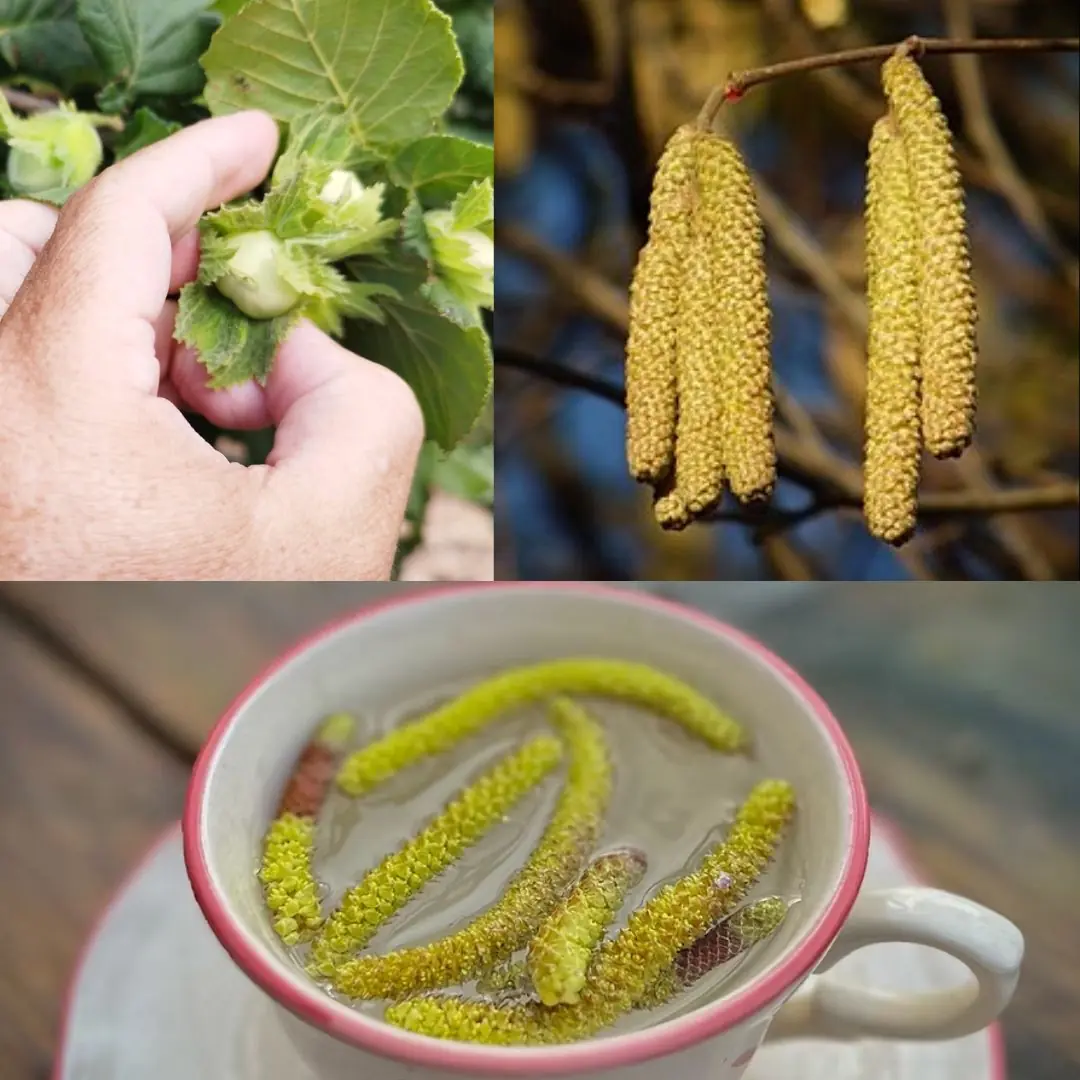
Black Locust (Robinia pseudoacacia): 14 Surprising Benefits and How to Use It at Home
Black Locust, also called Robinia pseudoacacia, is a fast-growing tree with beautiful white flowers that smell sweet. Many people admire this tree for its beauty and strong wood, but not everyone knows that some parts of it—especially the flowers—have been used in traditional remedies. While the bark, seeds, and leaves can be toxic and should never be used internally, the flowers are safe when used properly and offer several health benefits.
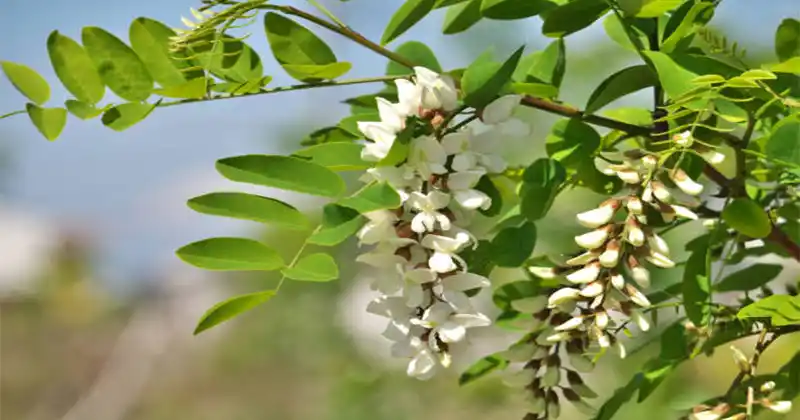
Below are 14 health and wellness benefits from using Black Locust flowers, along with safe, homemade ways to enjoy them.
14 Benefits of Black Locust Flowers
- Calms the nerves – The flowers may help reduce stress and mild anxiety.
- Helps with sleep – A tea made from the flowers can support better sleep.
- Eases stomach discomfort – The flower tea can calm mild indigestion or bloating.
- Soothes sore throat – Gargling with the tea may help reduce throat irritation.
- Mild pain relief – The flowers may offer gentle relief from headaches or muscle tension.
- Supports the lungs – Inhaling steam from the flowers can help with light coughs.
- Fights inflammation – It may help reduce swelling in the body.
- Supports skin healing – A cooled tea can be used as a wash on irritated skin.
- Improves mood – The pleasant scent of the flowers may lift your spirits.
- May help with mild fever – Flower tea can support the body during mild fevers.
- Gentle laxative effect – It may help with occasional constipation.
- Protects against bacteria – The flower extracts may have mild antibacterial power.
- Natural deodorizer – Dried flowers can refresh air in your home naturally.
- Supports oral health – Rinsing the mouth with flower tea may help with bad breath.
How to Use Black Locust Flowers at Home
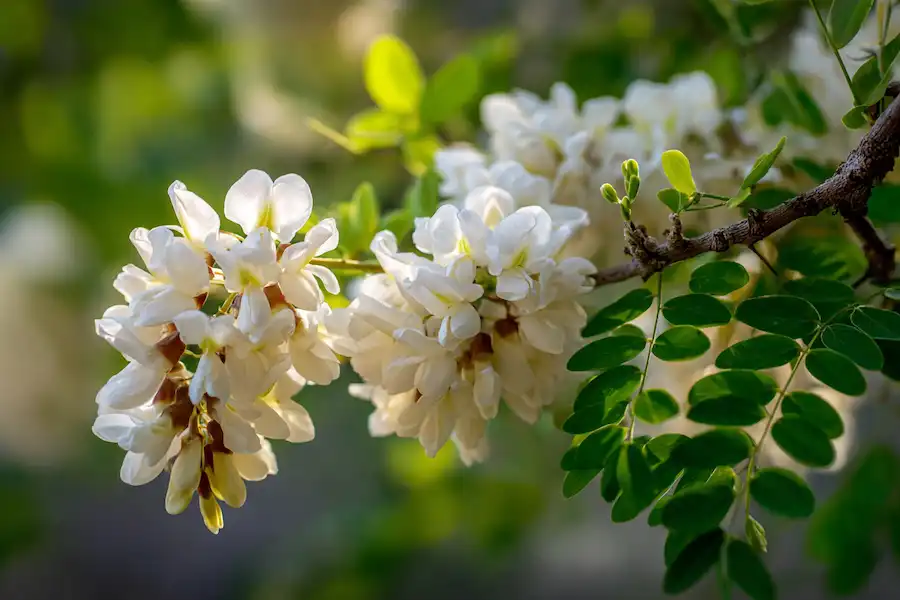
⚠️ Important Note: Only the flowers of Black Locust are considered safe for use. Never use the seeds, bark, or leaves—they are toxic and can cause harm if swallowed. Always be sure of the tree’s identity before collecting flowers.
1. Black Locust Flower Tea (for sleep, digestion, and calming)
Ingredients:
- 1 teaspoon dried Black Locust flowers (or a small handful of fresh flowers)
- 1 cup boiling water
Steps:
- Place flowers in a cup.
- Pour boiling water over them.
- Let steep for 10 minutes.
- Strain and drink warm, once or twice a day.
This tea can help with stress, bloating, or falling asleep easier.
2. Flower Steam Inhalation (for lungs and coughs)
What you need:
- A bowl
- A towel
- A handful of fresh Black Locust flowers
- 1 liter of boiling water
Steps:
- Put the flowers in a bowl.
- Pour hot water over them.
- Place your face above the bowl (not too close), cover your head with the towel, and inhale deeply for 5–10 minutes.
This helps open the airways and calm mild coughs.
3. Mouth Rinse (for sore throat and bad breath)
What you need:
- 1 teaspoon dried flowers
- 1 cup hot water
Steps:
- Make tea as described earlier.
- Let it cool.
- Gargle with it or swish it in your mouth.
Helps soothe throat and freshen breath naturally.
4. Skin Wash (for irritated skin or mild rashes)
How to prepare:
- Brew a strong tea using 2 teaspoons of dried flowers and 1 cup hot water.
- Let it cool completely.
- Dip a clean cloth in the tea and apply it gently to the skin.
This wash can help calm itchy or red skin.
5. Dried Flower Sachets (for better mood and fresh air)
Steps:
- Dry Black Locust flowers by placing them in a warm, dry place out of direct sunlight.
- Once dry, place them in small cloth bags or jars.
- Keep them in your bedroom, closet, or bathroom.
The soft smell can help you relax and keep your space fresh.
6. Bath Soak (for full body relaxation)
What you need:
- A handful of dried or fresh flowers
- A cloth or mesh bag (optional)
Steps:
- Add flowers to warm bathwater or place them in a mesh bag and drop into the tub.
- Soak for 15–20 minutes.
Great for stress relief and gentle skin care.
Black Locust is a tree that gives more than just shade and beauty. Its fragrant white flowers can be a gentle and natural support for your nerves, sleep, digestion, skin, and more. However, remember to use only the flowers and stay away from all other parts of the tree.
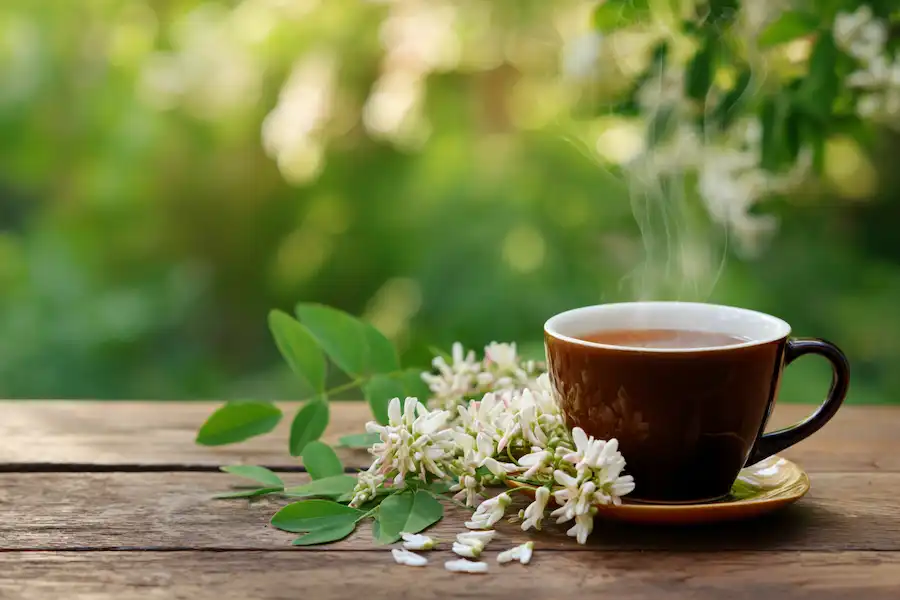
Disclaimer
This article is for educational purposes only. Always speak to a healthcare provider before using any plant as a remedy, especially if you are pregnant, nursing, or on medication. The bark, seeds, and leaves of Black Locust are toxic and should never be used.
News in the same category

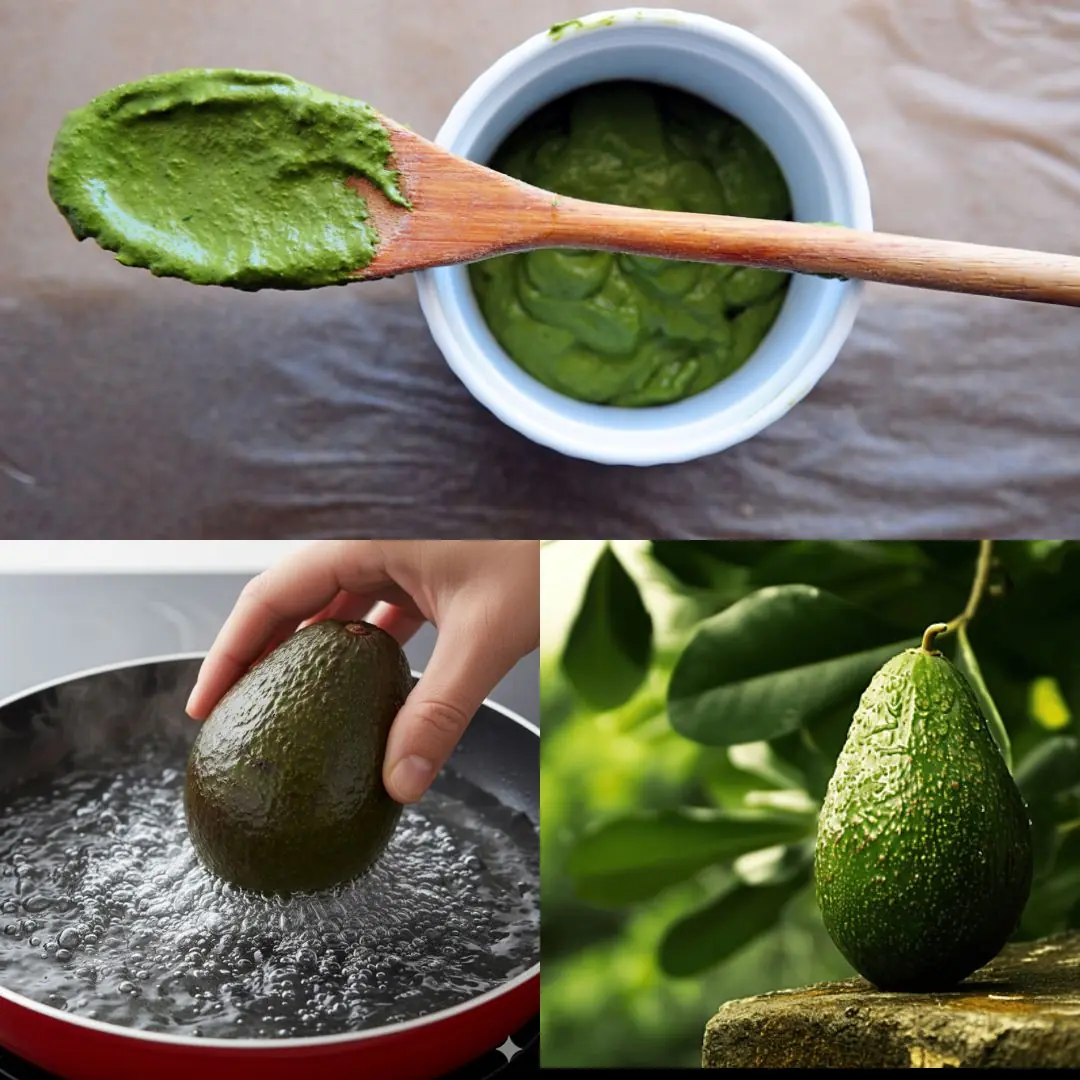
Boiling a Whole Avocado: The Secret to Softness, Nutrition, and a Delicious Baked Recipe
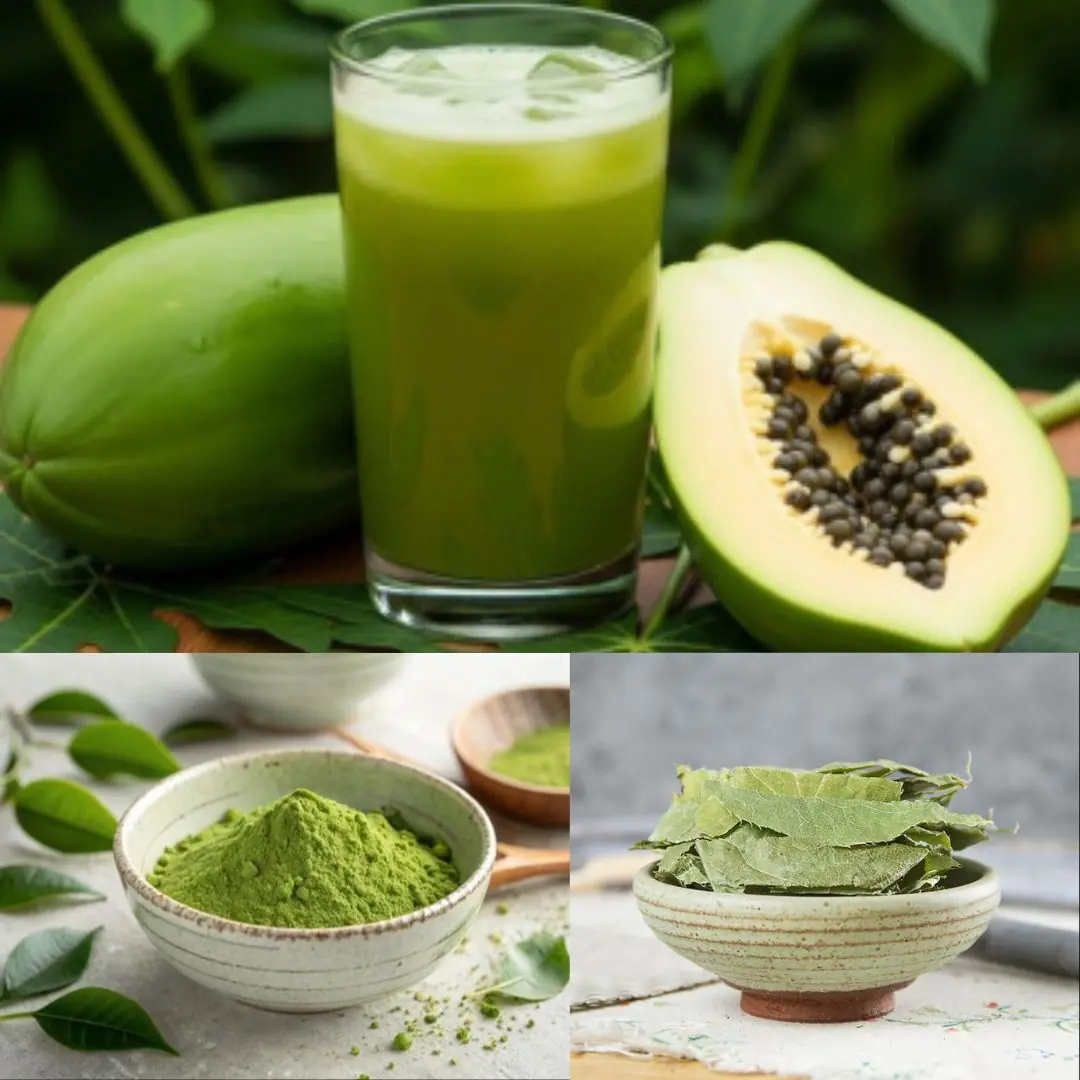
The Hidden Healing Power of Papaya Leaves
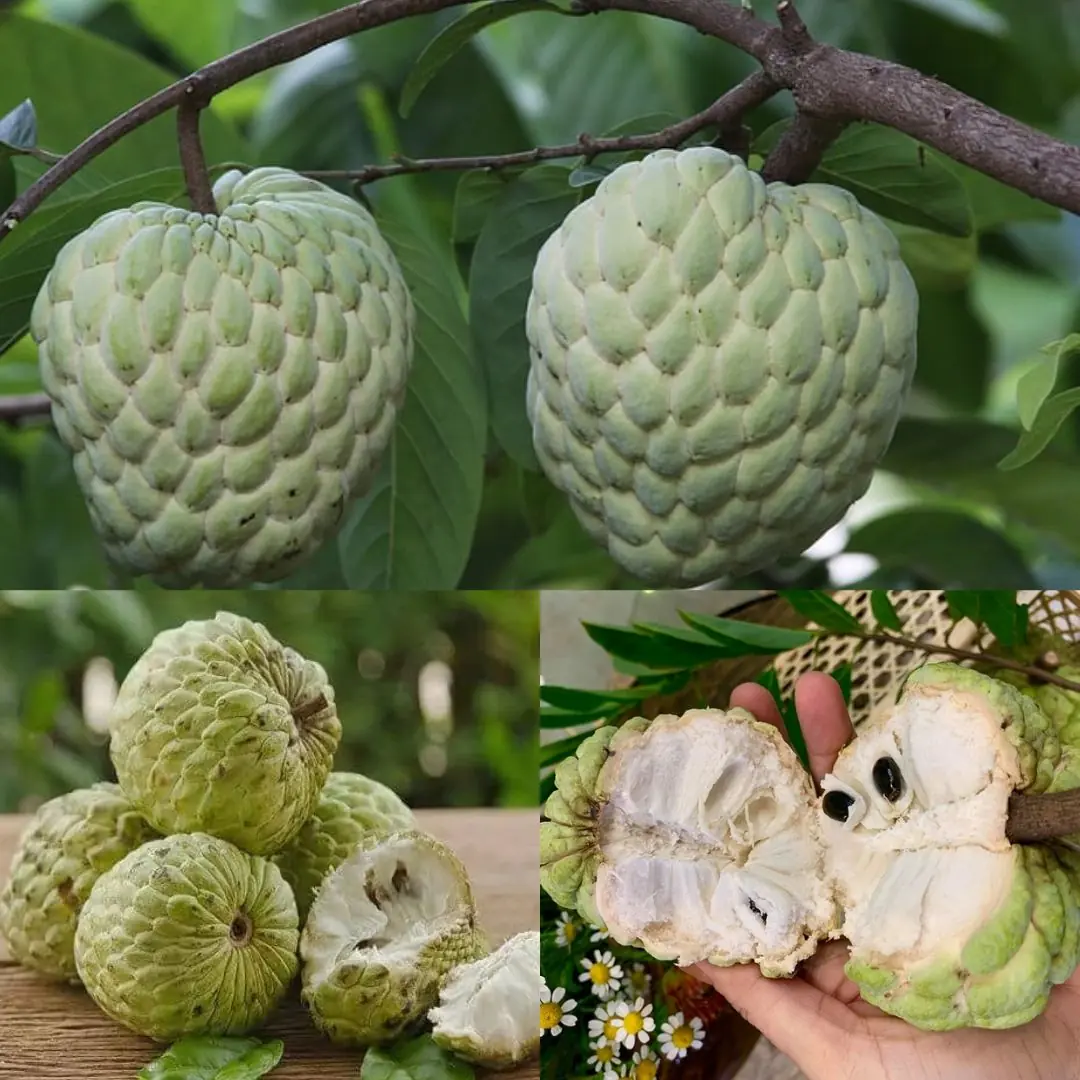
Sugar Apple (Annona squamosa): A Sweet Fruit with Powerful Health Benefits

25 Worrying Signs Your Body Is Trying to Warn You of Serious Health Problems (and What to Do About Them)
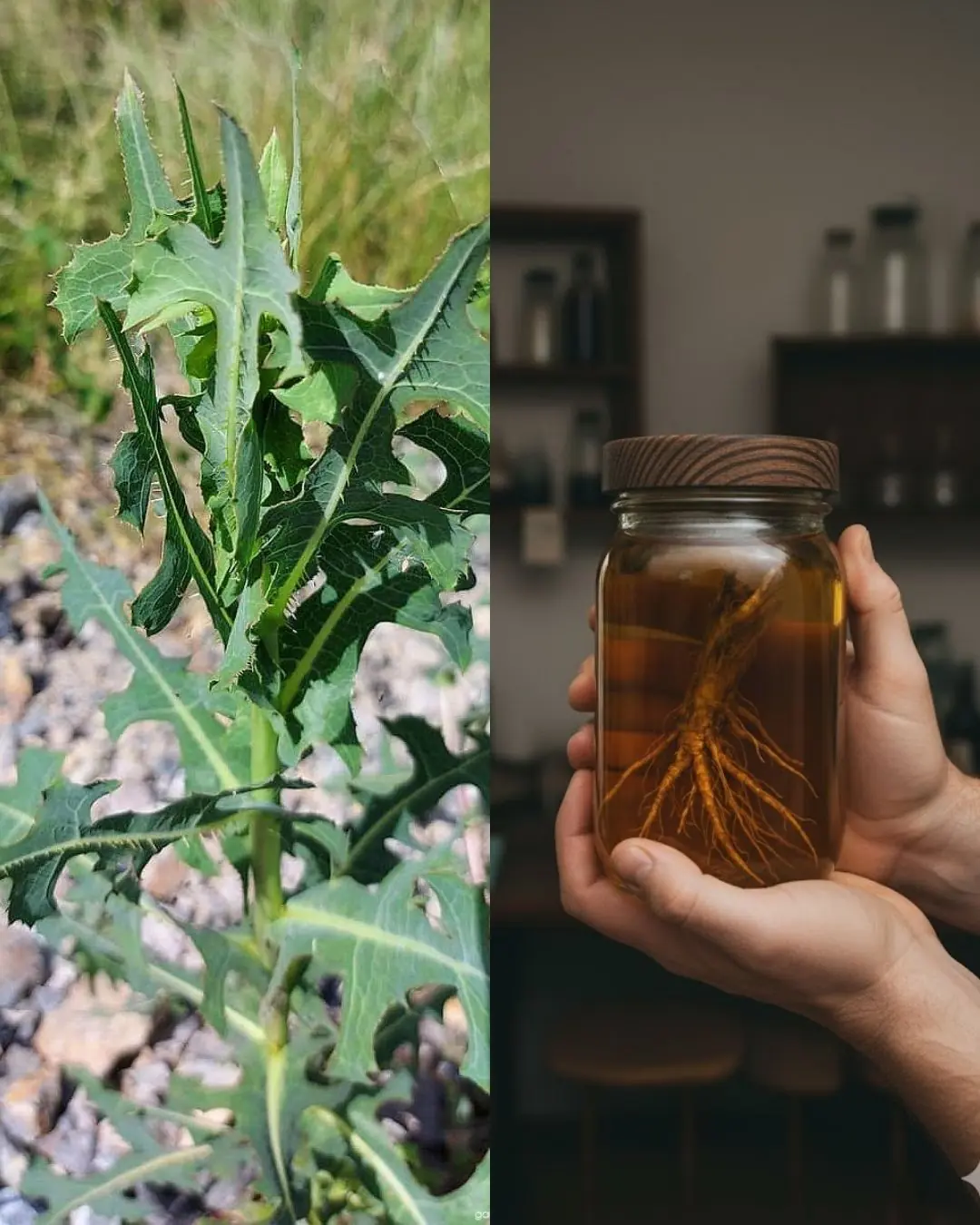
The Hidden Power of Lactuca serriola Root (Prickly Lettuce Root)
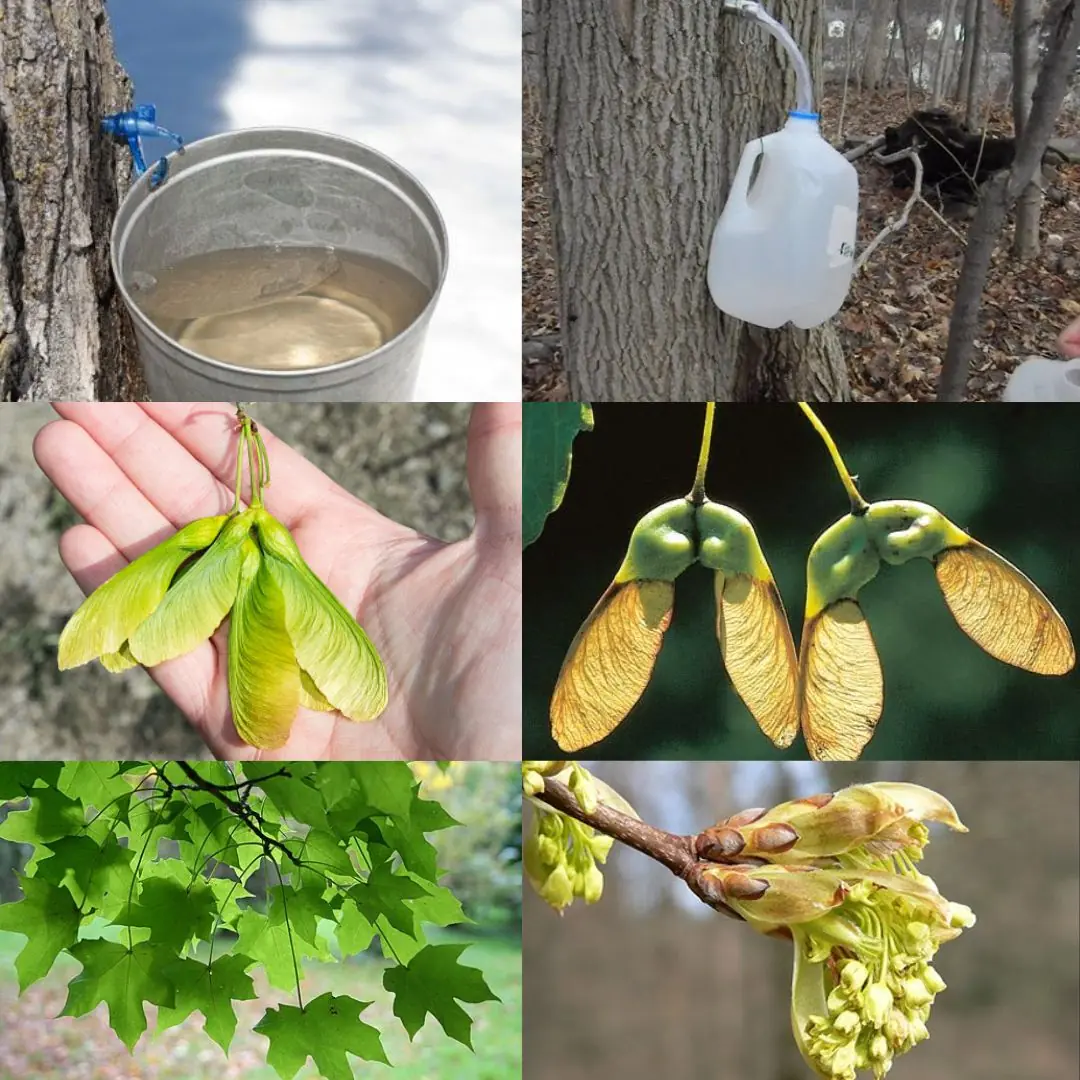
Maple Trees from Root to Crown: A Complete Guide to Every Edible Part
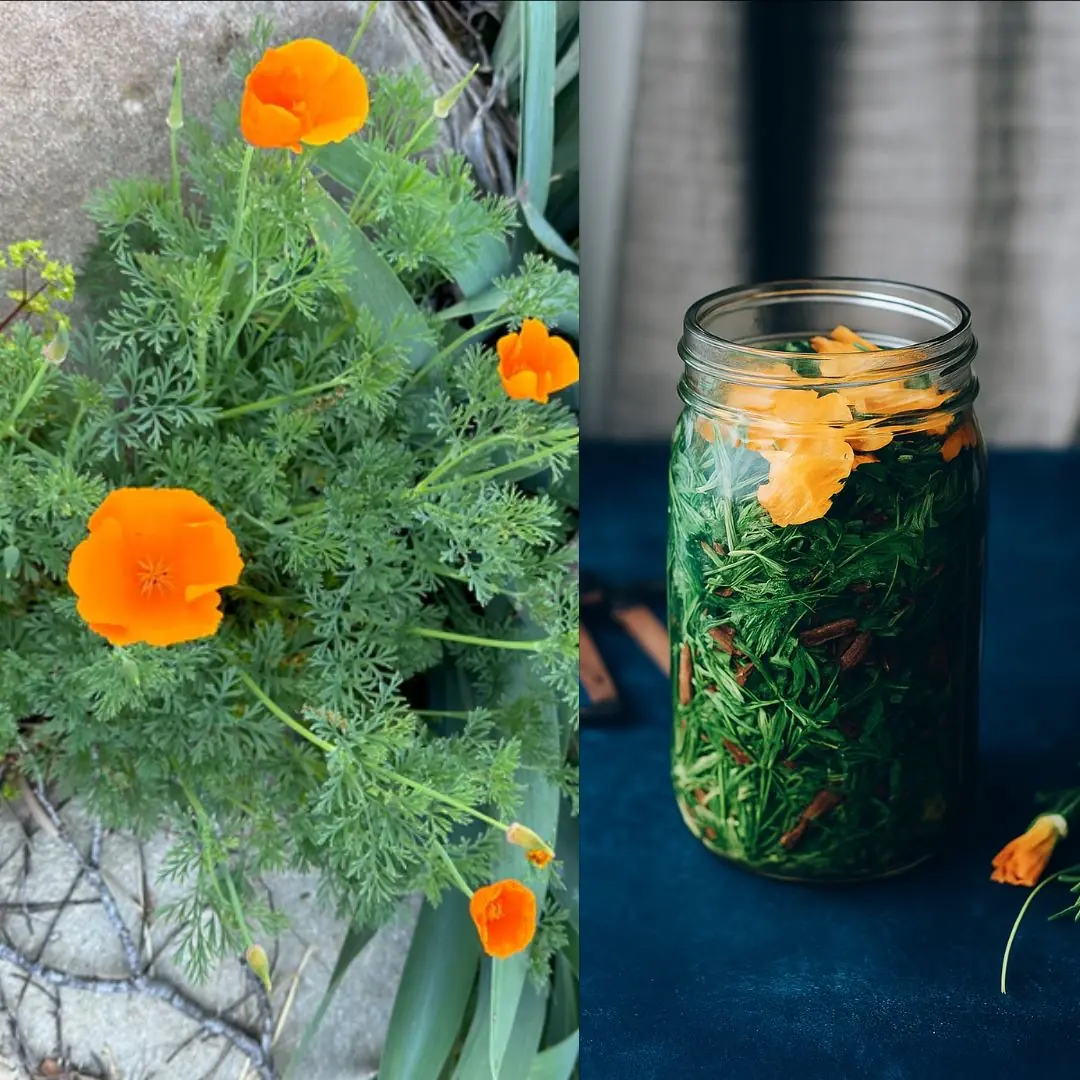
California Poppy: Nature’s Gentle Remedy for Relaxation and More
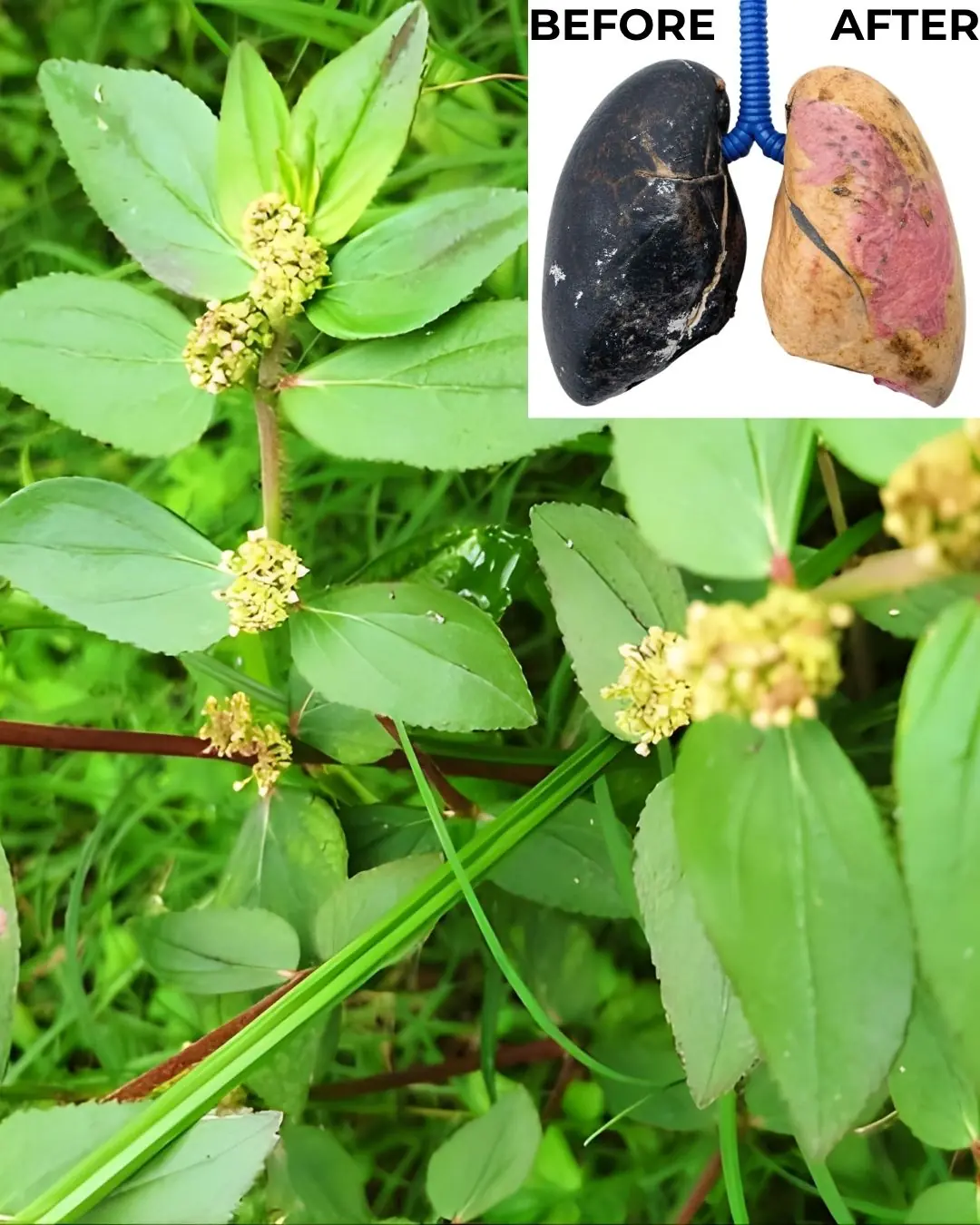
Euphorbia Hirta: 30 Benefits and How to Use It Safely
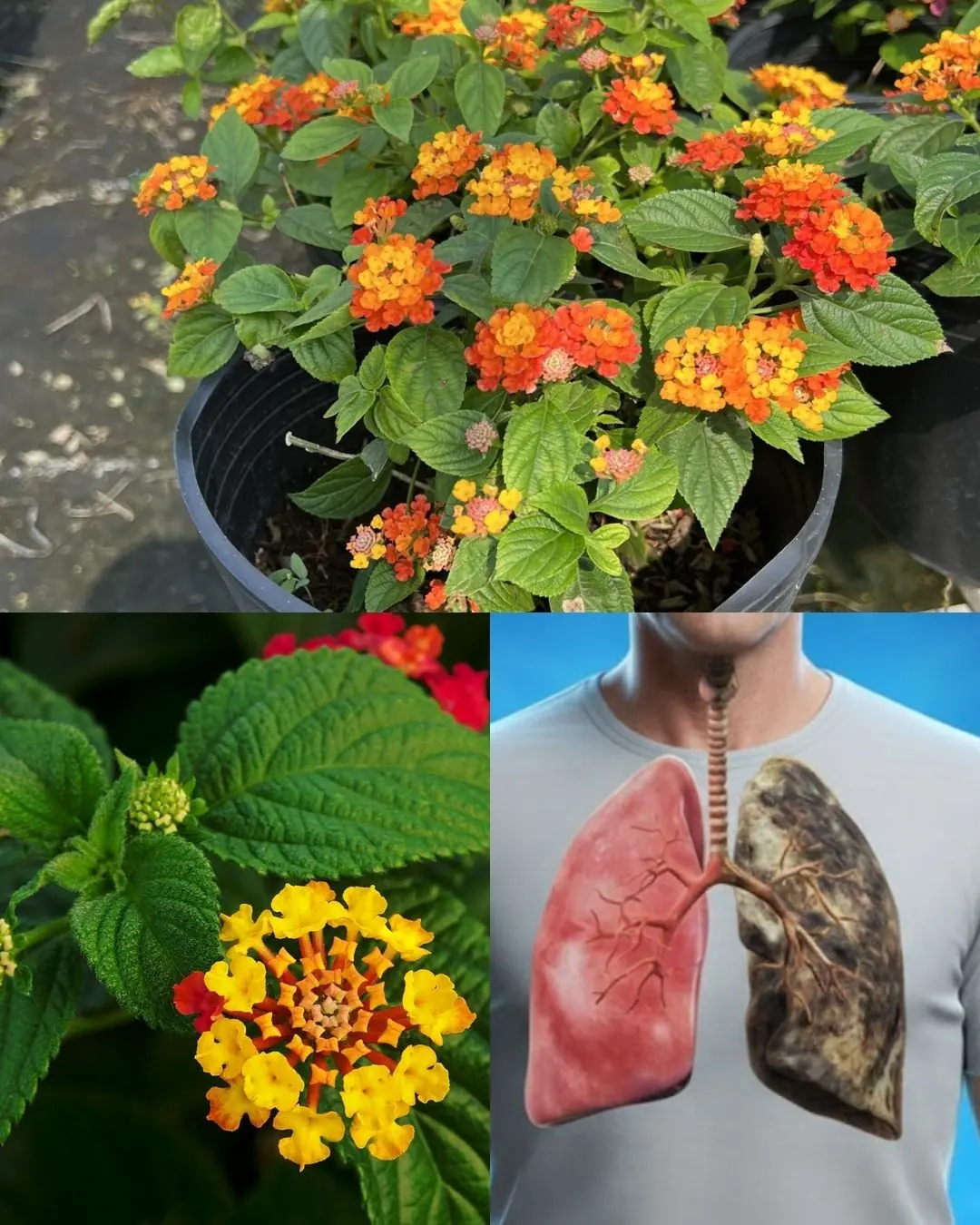
The Hidden Power of Common Lantana (Lantana camara): What You Can Safely Do with It at Home
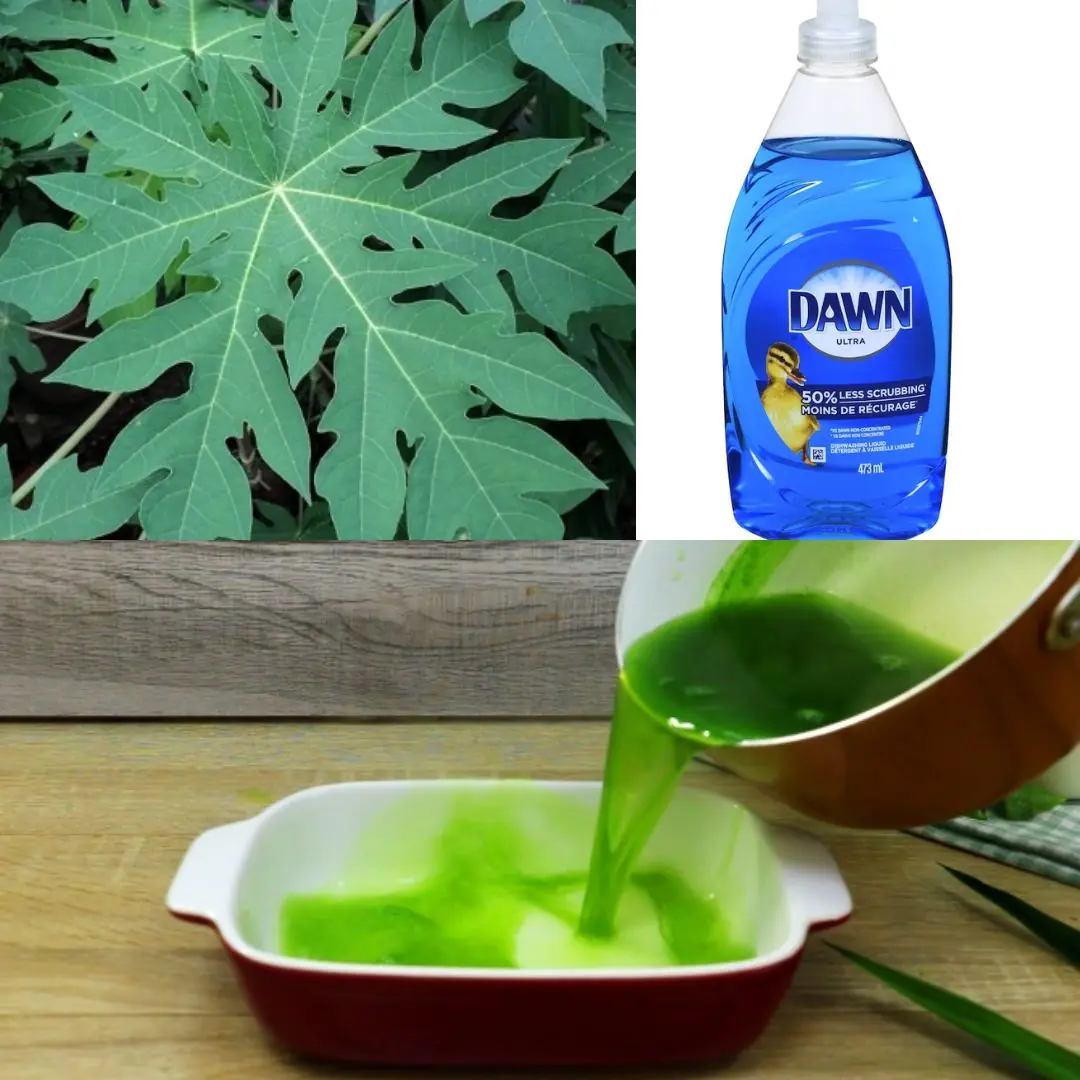
Turn Papaya Leaves Into a Powerful Homemade Detergent
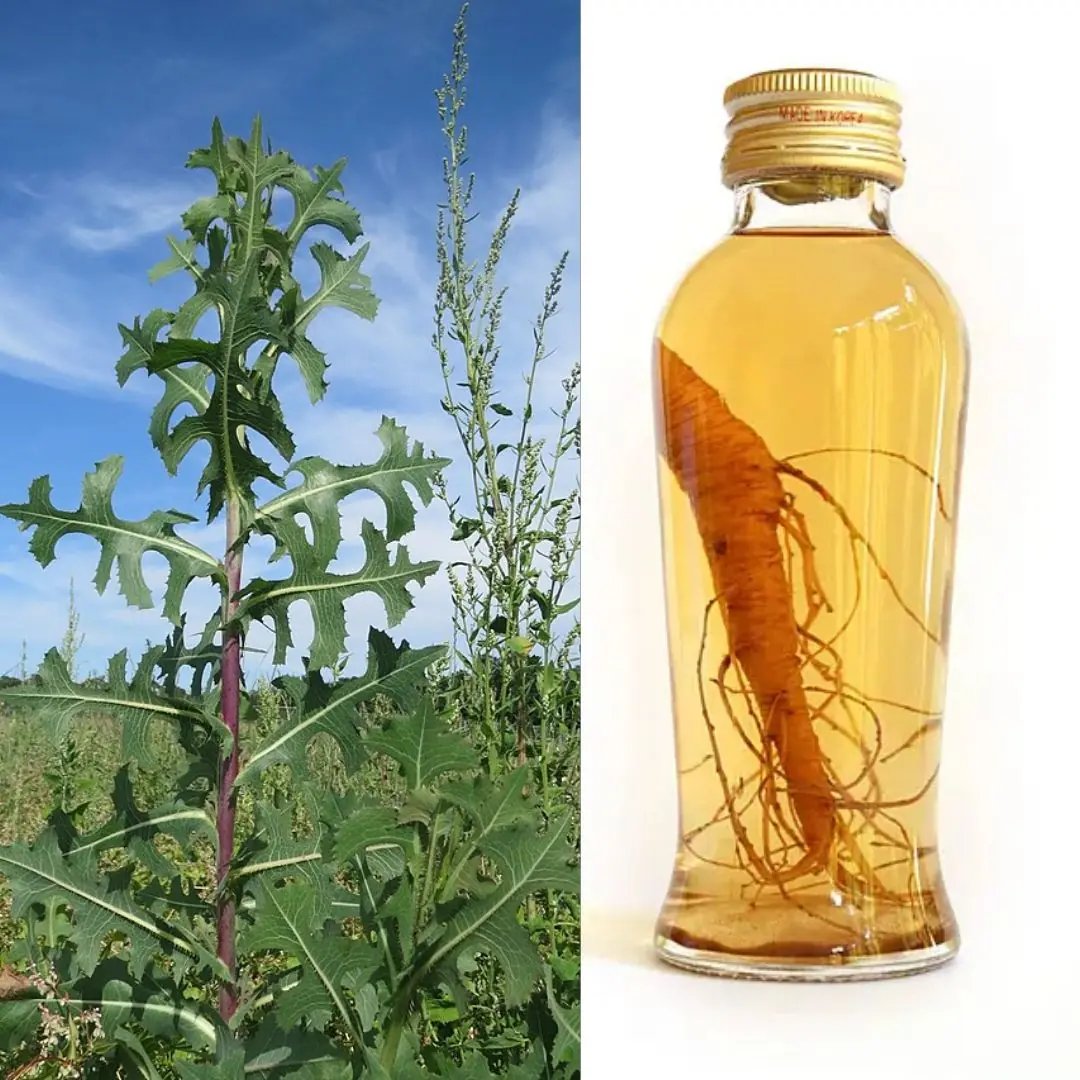
Wild Lettuce Root – Benefits, Uses, and Natural Pain Relief Properties
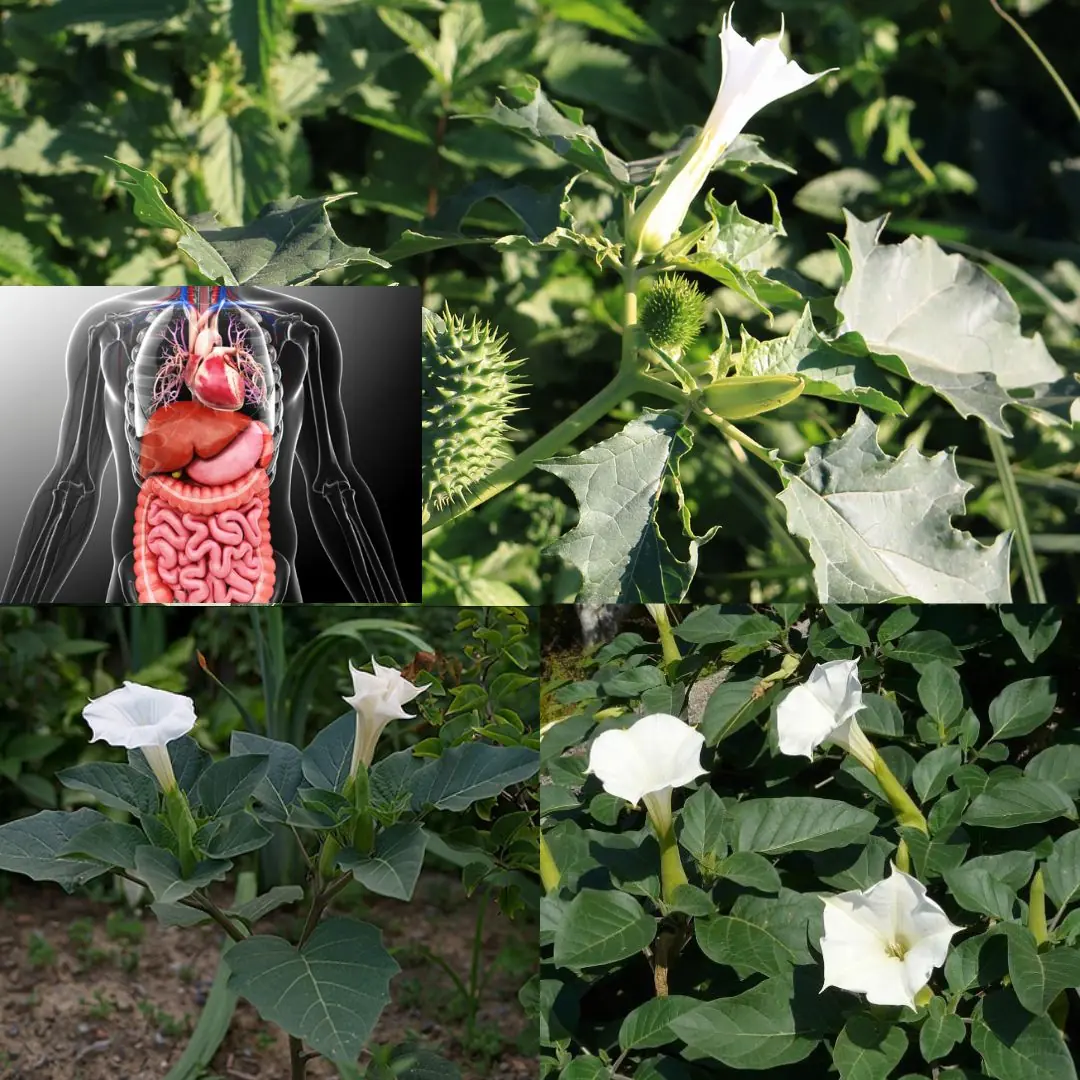
The Datura Genus: Why You Should Keep Your Distance from These Toxic Plants
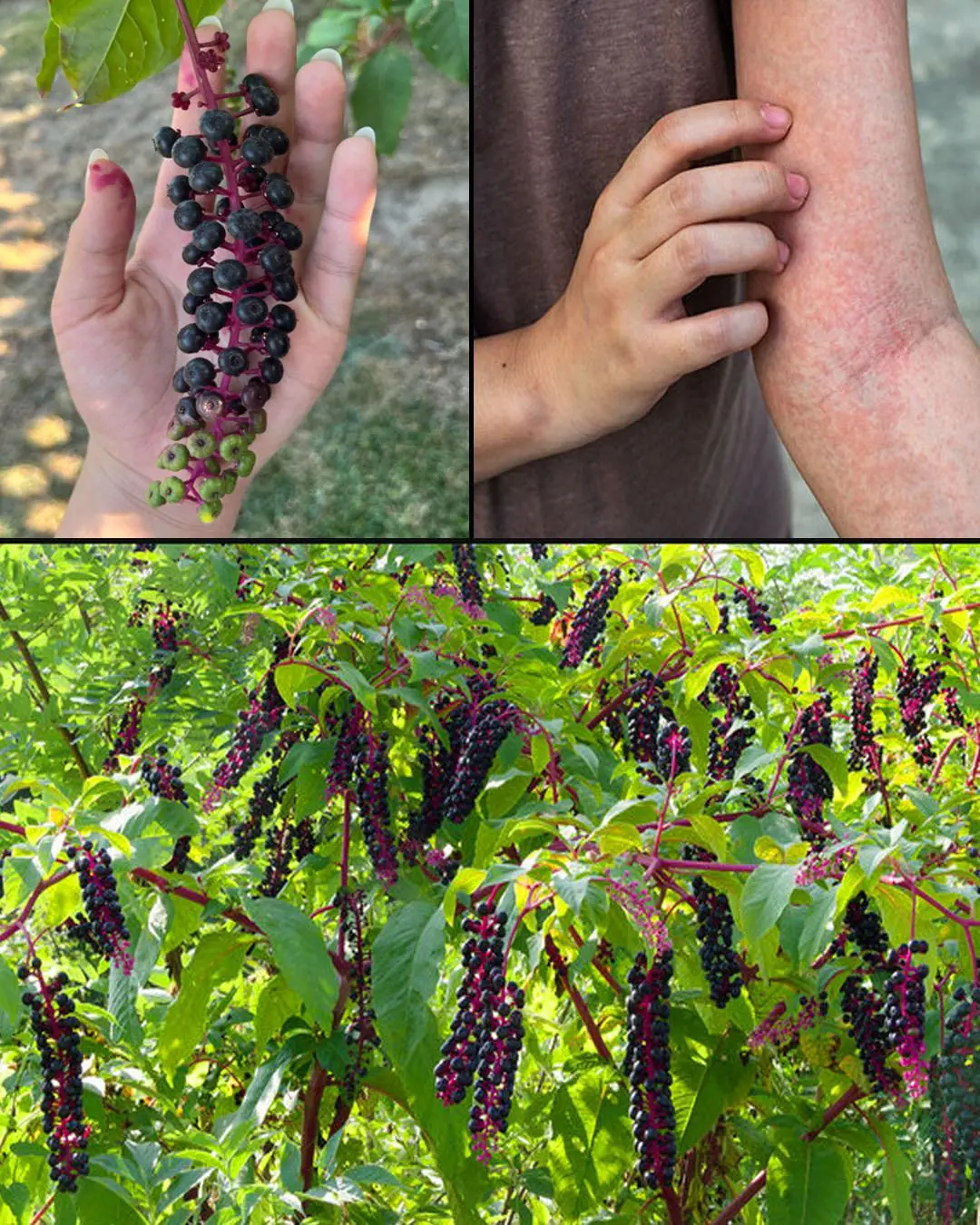
Pokeweed: The Attractive but Highly Toxic Plant Growing in Your Backyard
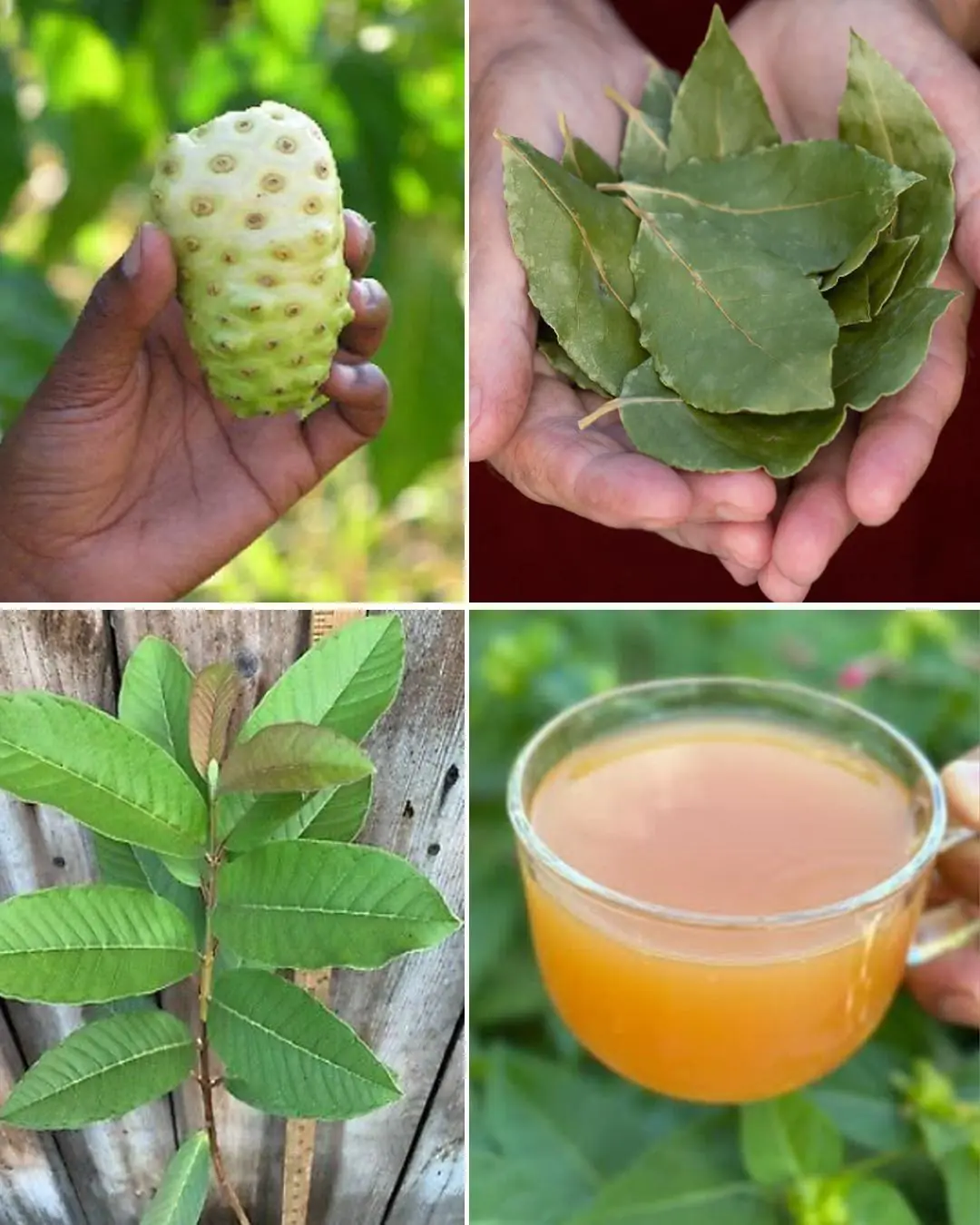
The Ultimate Healing Tonic: A Powerful Drink to Combat Swollen Feet, Diabetes and Poor Circulation
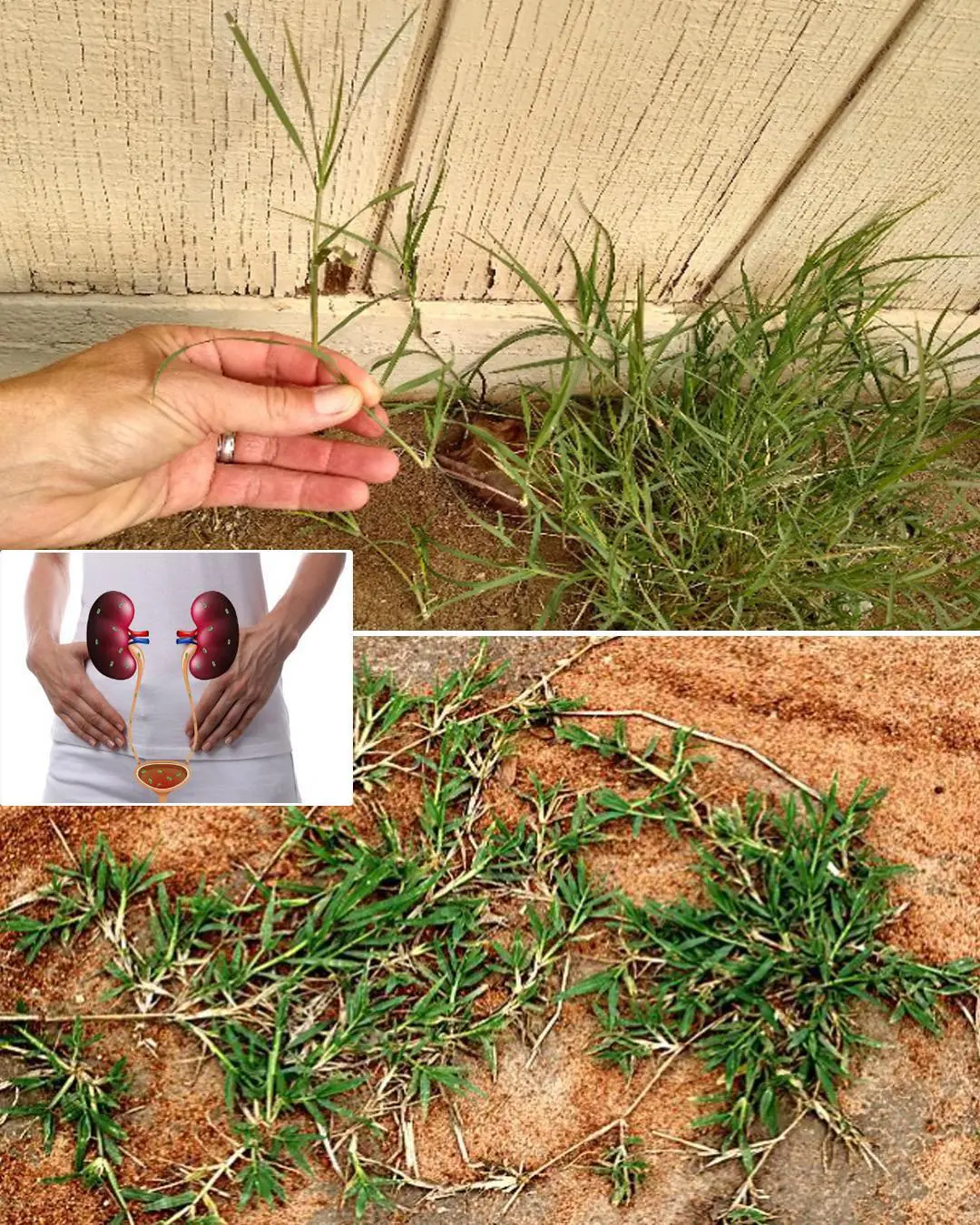
Cynodon dactylon (Bermuda Grass): Benefits and Uses
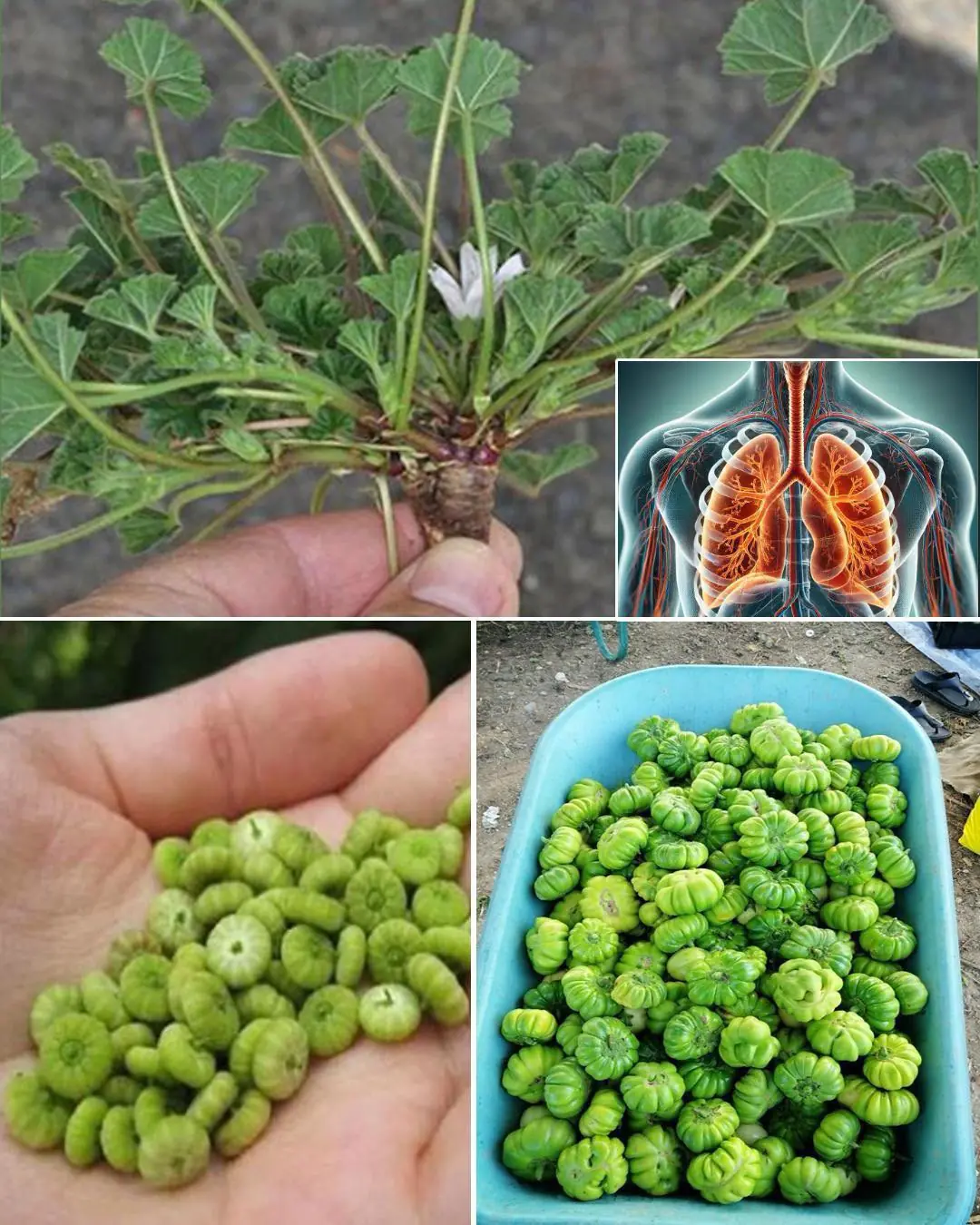
Exploring the Health Benefits of Common Mallow: A Nutritional Powerhouse
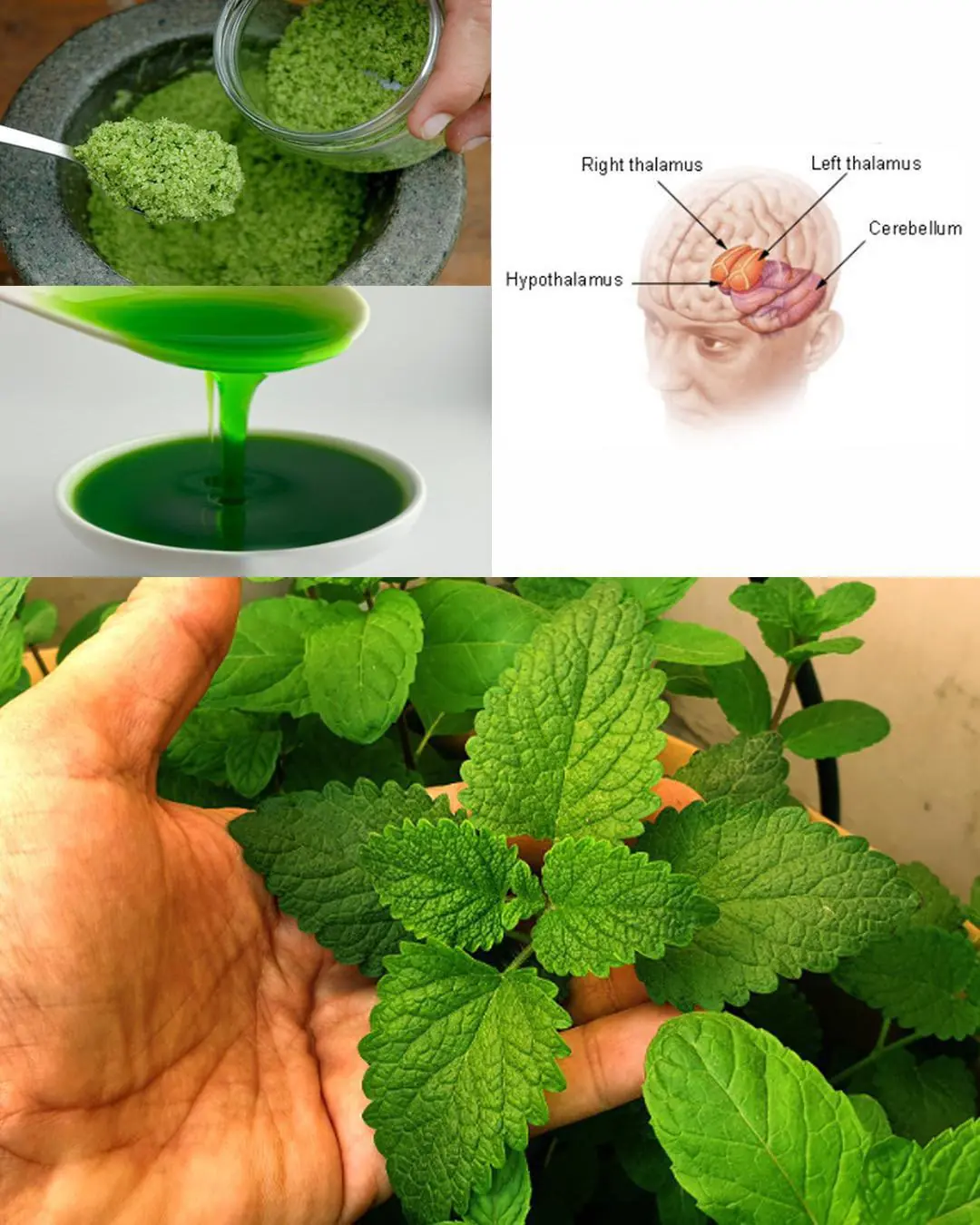
Mint: The Miracle Herb for Health, Healing, and Refreshment
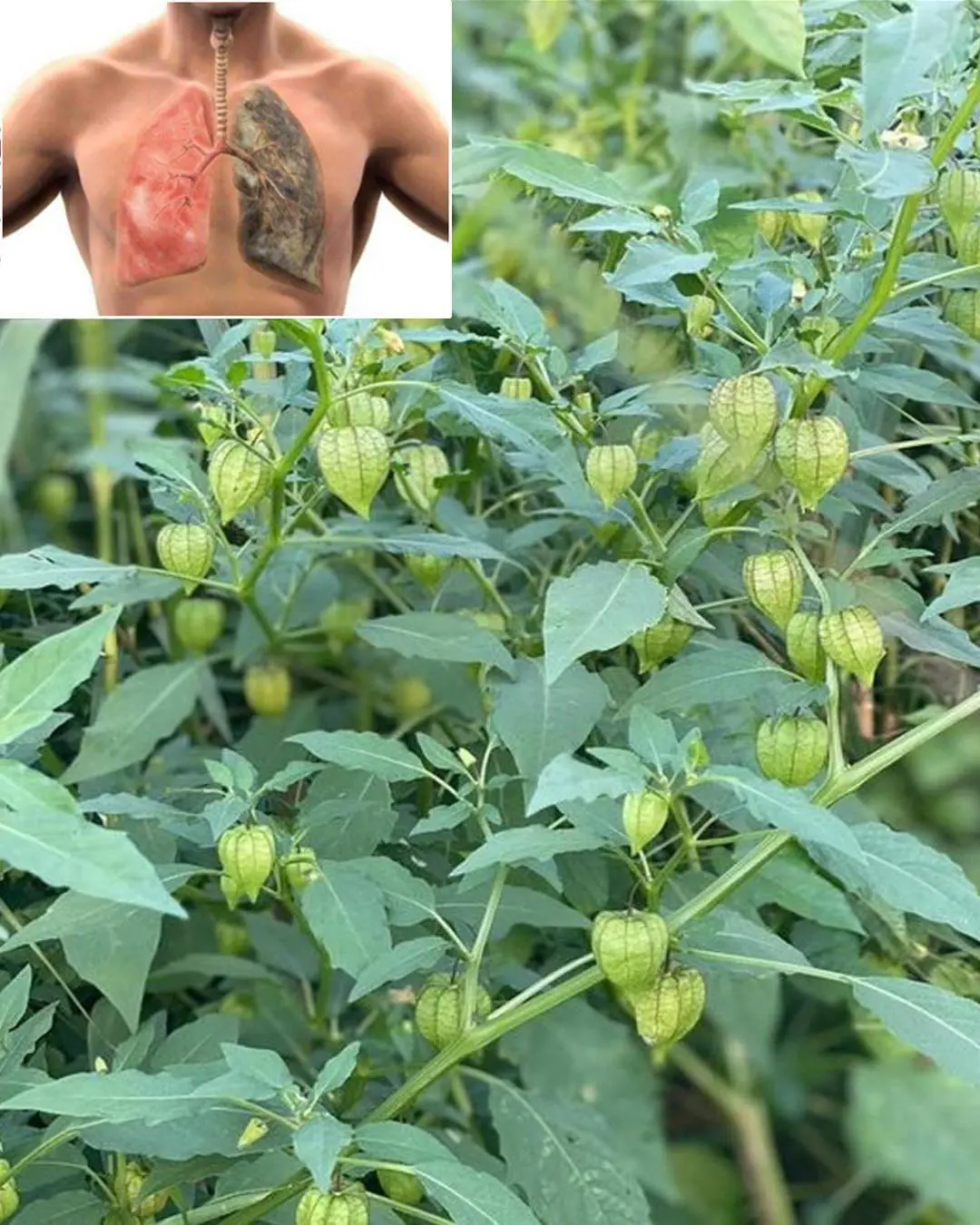
Goldenberries (Physalis peruviana): A Nutrient-Packed Powerhouse for Health and Vision
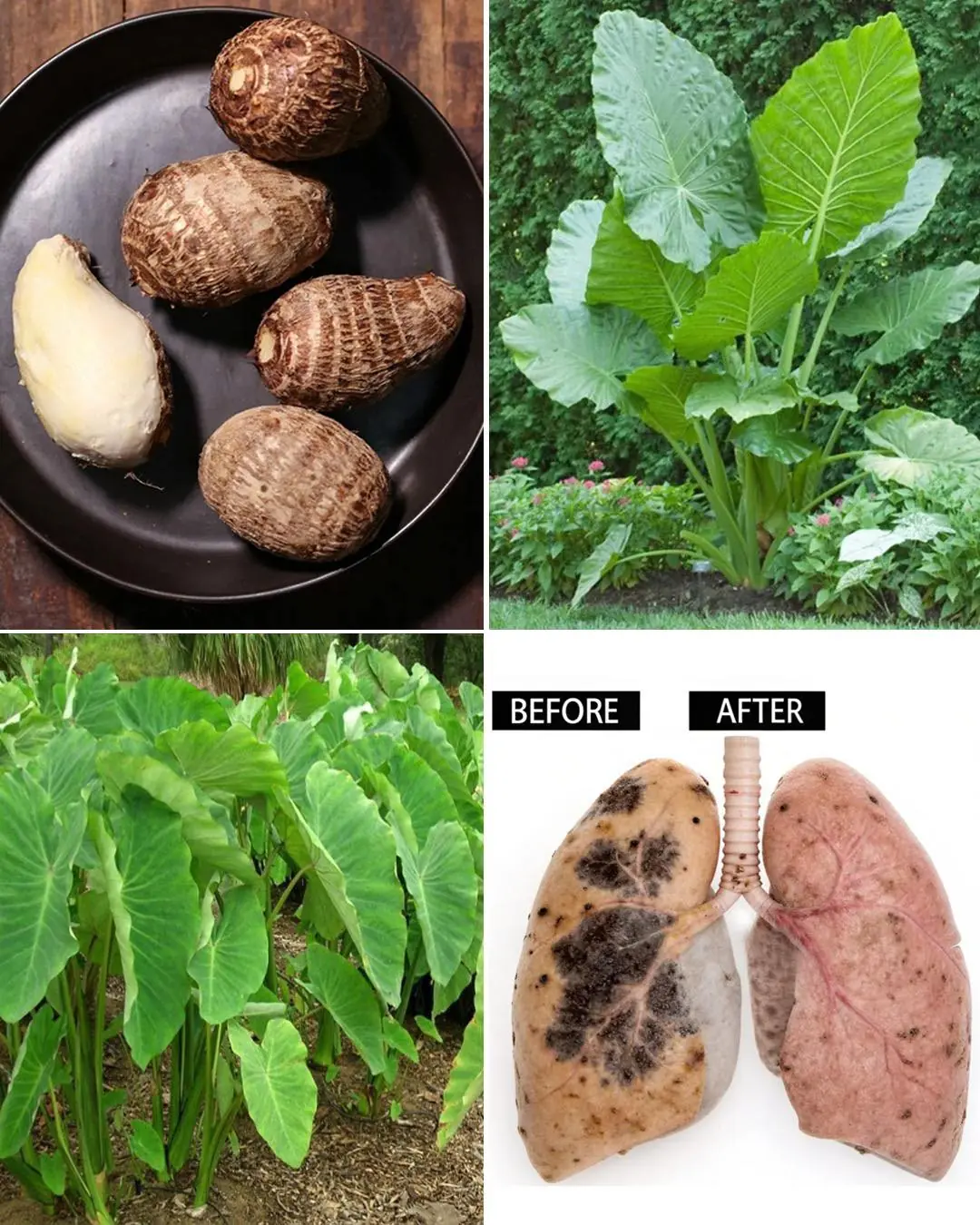
Benefits and Uses of Taro (Colocasia esculenta)
News Post

The Wonderful Hazel Tree (Corylus avellana): Nutrition, Healing, and Traditional Uses of Every Part

Boiling a Whole Avocado: The Secret to Softness, Nutrition, and a Delicious Baked Recipe

The Hidden Healing Power of Papaya Leaves

Sugar Apple (Annona squamosa): A Sweet Fruit with Powerful Health Benefits

If you find a centipede at home, here is what it means...

Why We Feel That Little Electric Sh0ck When We Touch Another Person—Science Explains

If a Man Doesn’t Appreciate You, Here’s What You Should Do

25 Worrying Signs Your Body Is Trying to Warn You of Serious Health Problems (and What to Do About Them)

The Hidden Power of Lactuca serriola Root (Prickly Lettuce Root)

Why You Should Stop Waking Up to Urinate
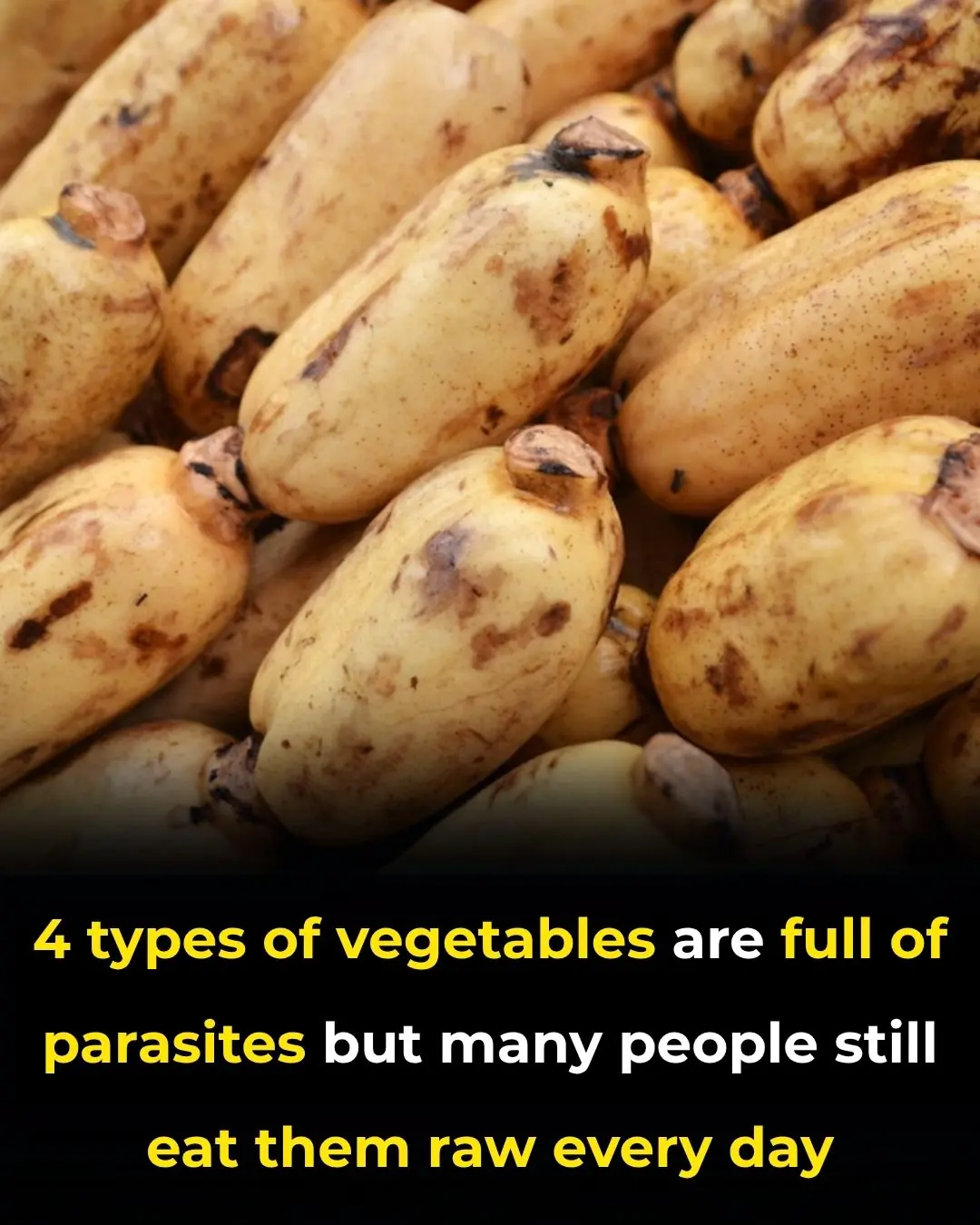
4 types of vegetables are full of parasites but many people still eat them raw every day

Hidden Dangers in Your Mouth: Early Signs of Oral Cancer

Maple Trees from Root to Crown: A Complete Guide to Every Edible Part

7 Signs of Arthritis You Shouldn't Ignore

California Poppy: Nature’s Gentle Remedy for Relaxation and More

What is its purpose. see details

When a woman stops loving a man, she begins…

5 hygiene mistakes that many people make... but no one dares to talk about...
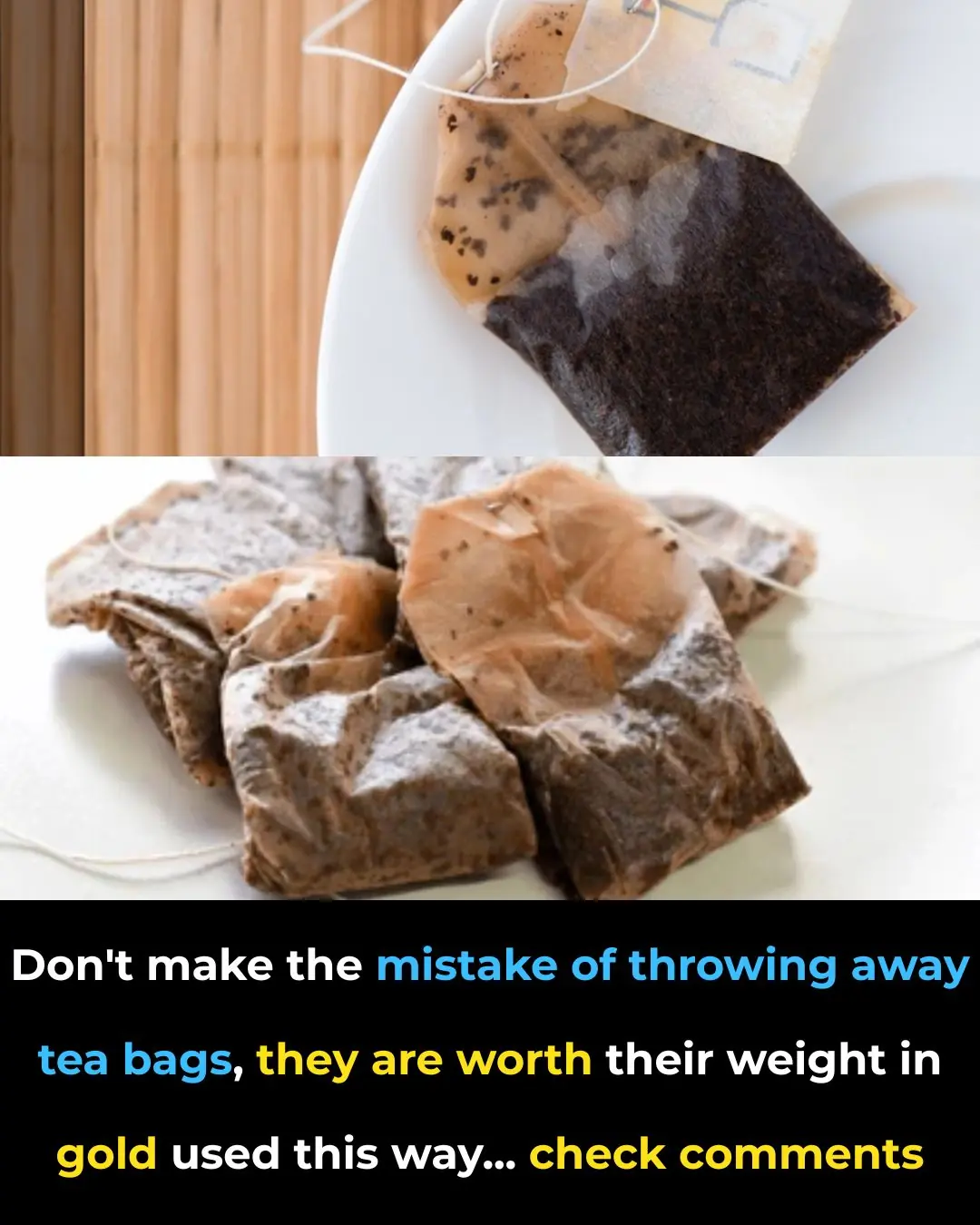
Don't make the mistake of throwing away tea bags. see more
